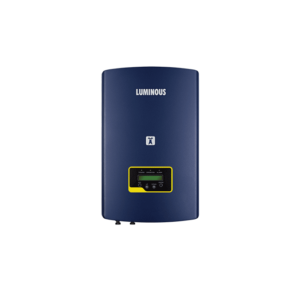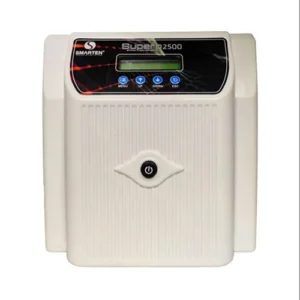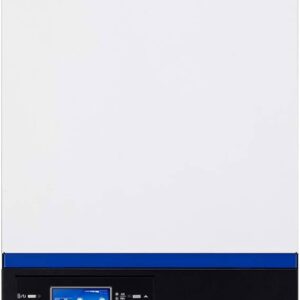Hybrid Off Grid Inverter

Basically combining the features of a typical off-grid inverter with grid-tied capabilities, a hybrid off grid inverter is a solar power inverter that can work both independently from the grid (off-grid) using battery storage and when necessary, connect to the electrical grid to draw power from it during periods of high demand or when solar production is low.
Important elements to take into account while selecting a hybrid off-grid inverter:
Power rating: Pick an inverter whose capacity corresponds to your anticipated power requirements.
Battery compatibility: Verify whether the inverter is compatible with the lead-acid or lithium-ion batteries you intend to use.
MPPT tracking: For the best solar energy harvesting, look for inverters with cutting-edge Maximum Power Point Tracking (MPPT) technology.
Monitoring capabilities: To track system performance, pick an inverter with built-in monitoring tools.
Here are some types of off grid hybrid inverter:
Inverter/charger hybrid: This type of inverter has the features of a regular battery charger and inverter. It can get power from the shore connection until the setpoint limit is reached, and then it will add power from the battery.
Inverter/charger/solar charge integrated: This type of inverter has all the benefits of a regular hybrid unit, plus it has solar power built in.
Grid-tie hybrid: This type of inverter can do everything a normal hybrid inverter can do. Off-grid hybrid inverters can offer many benefits, including:
Energy independence: Off grid systems are not dependent on utility providers.
Predictable electricity costs: You can avoid paying for high and fluctuating commercial energy costs.
Resilience: Off-grid systems are immune to grid failures, ensuring continuous power supply.






